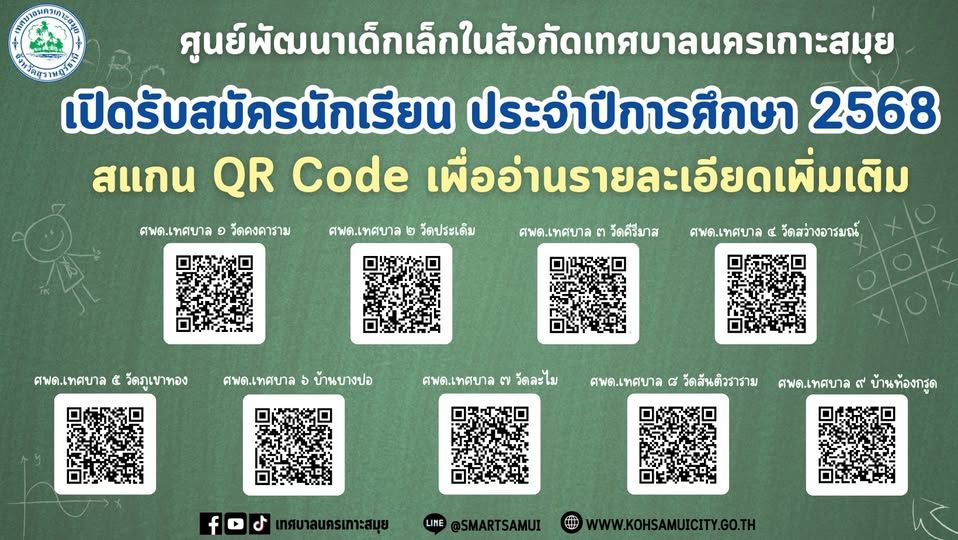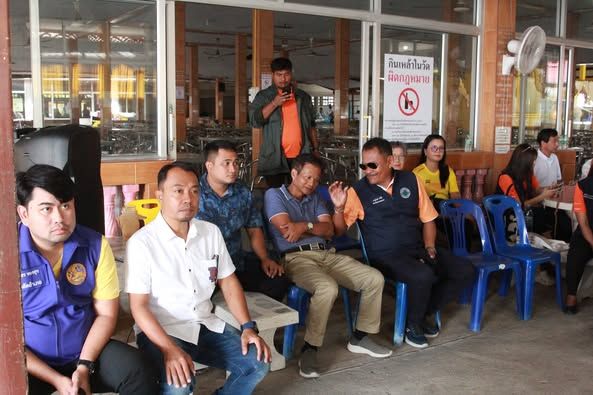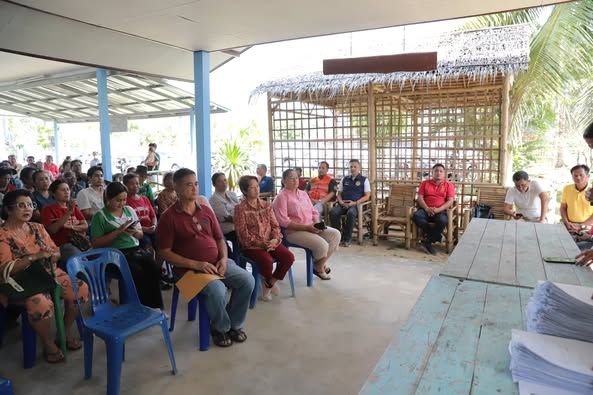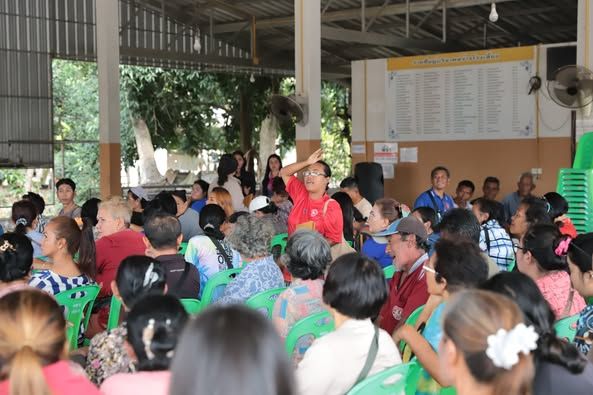Introduction
Thailand is preparing to implement a new refugee screening system later this month. Although the country is not a signatory to the UN Refugee Convention, thousands of refugees and migrants currently live within its borders. The new National Screening Mechanism (NSM) aims to differentiate between those who might face danger if returned to their home countries and those living in Thailand illegally. However, refugees and rights activists express concerns that the system could be used unfairly and even expedite deportations for asylum seekers deemed ineligible.
The National Screening Mechanism
Set to be introduced on September 22, Thai police will initiate the screening process for approximately 5,000 mostly urban refugees and asylum seekers. Successful applicants granted “protected person” status will receive temporary residence permits, healthcare access, and education opportunities. However, they will not have the right to work in Thailand.
While Naiyana Thanawattho from Asylum Access Thailand regards the scheme as “a step in a good direction,” there are concerns that it could be used as a “screen-out process, not a screen-in.”
National Security Concerns
Phil Robertson, deputy director for Asia at Human Rights Watch, identifies a “national security escape hatch” as a significant area of concern. He argues that the government could use broadly defined national security provisions to deny certain individuals refugee screening without explanation. This could potentially impact groups such as Uyghurs from China, the Rohingya Muslim minority from Myanmar, and North Koreans.
Potential for Abuse
The new system’s structure may be “ripe for abuse,” as Thai police will oversee the screening committee. Robertson compares this to putting a fox in charge of a chicken coop. The Thai Immigration Bureau is still working on details of the scheme, including whether applicants will be placed in immigration detention.
Robertson also believes there will be a “pay-to-play” aspect to the system, with individuals able to secure status if they have money. The screening process will include criminal background checks, which could potentially entangle Myanmar anti-coup activists who have “unfounded criminal charges against their names,” according to Patrick Phongsathorn from campaign group Fortify Rights.
Thailand’s Deportation History
Thailand’s track record on deporting refugees, including 109 Uyghurs to China in 2015, raises additional concerns. Patrick Phongsathorn highlights regional cooperation among repressive governments in removing each other’s dissidents, likening it to a “swap shop.”
In response to questions about sharing applicant information with foreign governments, the Thai Department of International Organisations cites “respect for privacy and confidentiality” as core principles. The department also emphasizes Thailand’s “decades-long humanitarian tradition” and adherence to the principle of non-refoulement, which prohibits returning individuals to places where they would face danger or fundamental rights violations. Rejected applicants will have the opportunity to appeal within 90 days.
The Future of Refugee Screening in Thailand
Under the current system, the UN High Commissioner for Refugees has conducted screenings, but it remains unclear how much longer this arrangement will continue. The agency states it has been working with Thailand to establish a fair, efficient, and transparent protection mechanism in line with international standards.




